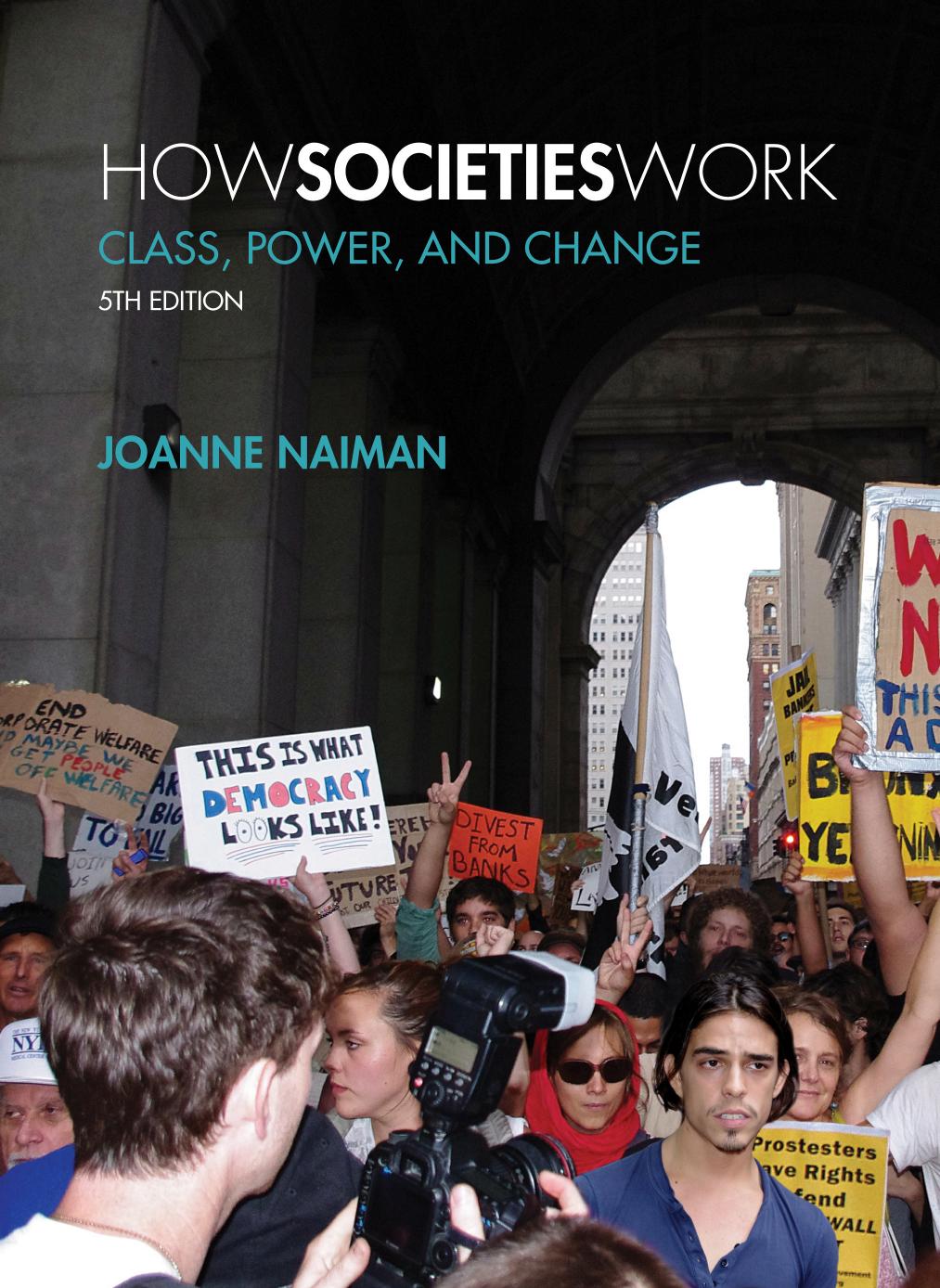

Most ebook files are in PDF format, so you can easily read them using various software such as Foxit Reader or directly on the Google Chrome browser.
Some ebook files are released by publishers in other formats such as .awz, .mobi, .epub, .fb2, etc. You may need to install specific software to read these formats on mobile/PC, such as Calibre.
Please read the tutorial at this link: https://ebookbell.com/faq
We offer FREE conversion to the popular formats you request; however, this may take some time. Therefore, right after payment, please email us, and we will try to provide the service as quickly as possible.
For some exceptional file formats or broken links (if any), please refrain from opening any disputes. Instead, email us first, and we will try to assist within a maximum of 6 hours.
EbookBell Team

4.4
42 reviewsn 2011, protesters around the world – including Canada – called for changes to the societies in which they live. Many observers were asking: “What do they want?” Some answers to this question can be found in How Societies Work, a unique and accessible introductory sociology textbook that introduces students to the structure of contemporary societies and the power relationships within them. In contrast to most introductory textbooks, How Societies Work explores a broad range of sociological concepts and theories while simultaneously creating a coherent picture of modern societies. Drawing on fields as diverse as anthropology, genetics, economics, social psychology, history and politics, this innovative and popular text looks at both the roots of modern societies and the current structures within them. This approach helps undergraduate students make sense of our complex social world and encourages them to connect the social world to their own lived experiences.
This extensively revised and updated fifth edition includes discussions of the roots of the recent global economic crisis and worldwide responses to it, growing social inequality, broader global struggles for change, the growth of the security state in Canada and the sudden resurgence of political protest in North America. The final chapter looks to the future, examining such issues as the possible consequences of climate change, increased forced migration of peoples and the changing dynamic of global power. More boxes, quotes and “think about it” elements have been added to the fifth edition, while the language, clarity of presentation and many examples make it even more accessible to readers. It is an introductory textbook that truly engages students in the “sociological imagination.”
This fifth edition is presented in a large format, making it easier to read and even more student friendly. A testbank and power point presentation are available for instructors upon request.